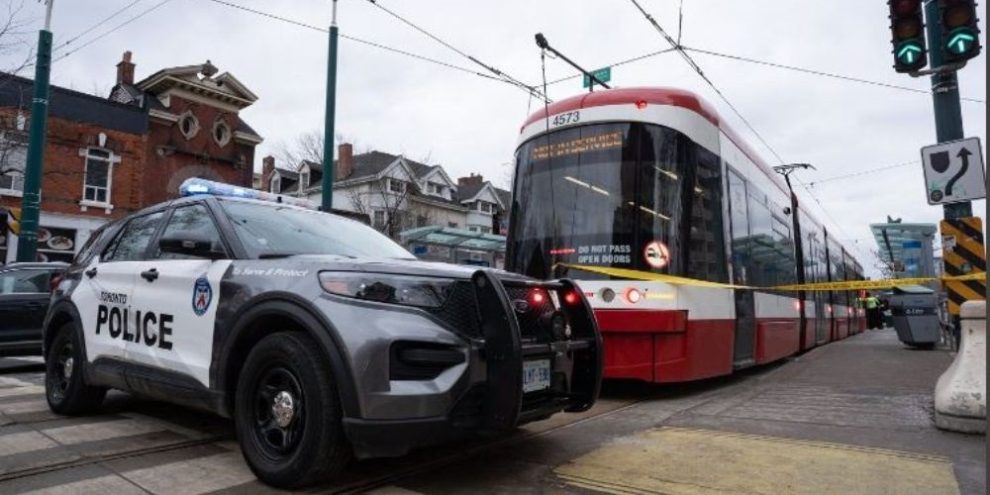
By Tyler Griffin in Toronto
Toronto police are ending extra patrols on city transit that had been introduced after several high-profile cases of violence in the system, with the force saying it would "remain flexible" to respond to the public's safety concerns.
Police had announced in late January that more than 80 officers working overtime shifts would patrol various locations on the Toronto Transit Commission. That came after a series of violent cases on the TTC, including stabbings, BB gun shootings and an alleged swarming.
Those overtime shifts will now end, the force said Monday, and on-duty officers will carry out regular proactive patrols on the TTC.
"Toronto police will be visible in the transit system and officers will continue to patrol the TTC and respond to emergencies and calls for service," police Chief Myron Demkiw wrote in a statement.
Police will patrol the TTC during periods that typically generate the most calls for service and where there's a high volume of ridership, based on its own intelligence as well as data provided by the transit agency, Demkiw said.
Overtime shifts on the TTC could resume in the future "if deemed necessary," police said.
"We will remain flexible to respond to the concerns of the public and will continuously assess the public safety needs, along with TTC and the City of Toronto," Demkiw said.
City manager Paul Johnson had said at a February budget meeting that police would not be able to afford the overtime patrols — which cost about $1.5 million per month — past the end of winter unless additional funding was considered.
Some observers had called on police, the TTC and the city to make clear just how the measure had been working and to provide data on whether it had made the system safer.
Police said Monday that the increased police presence since late January resulted in 314 arrests and officers giving more than 220 referrals to people in need of social supports like shelter, food and mental health services.
Experts, community workers and advocates had previously warned that having more police on transit could negatively affect Black, Indigenous and other transit riders, as well as criminalize people experiencing homelessness or mental distress.
TTC data indicates customer offences went down for the month of January compared to the previous month — from 145 in December to 116 incidents. Those figures include occurrences ranging from mischief to assault, with no way to distinguish their severity.
TTC CEO Rick Leary thanked police Monday for their presence on the transit system.
"This partnership is essential to addressing the complex safety and security challenges the TTC has been facing recently," Leary said.
Police noted Monday that the TTC had added 50 temporary security guards as well as community safety ambassadors and outreach workers to the system in the last month.
Banner image: CANADIAN PRESS/Arlyn McAdorey
This report by The Canadian Press was first published March 13, 2023.





